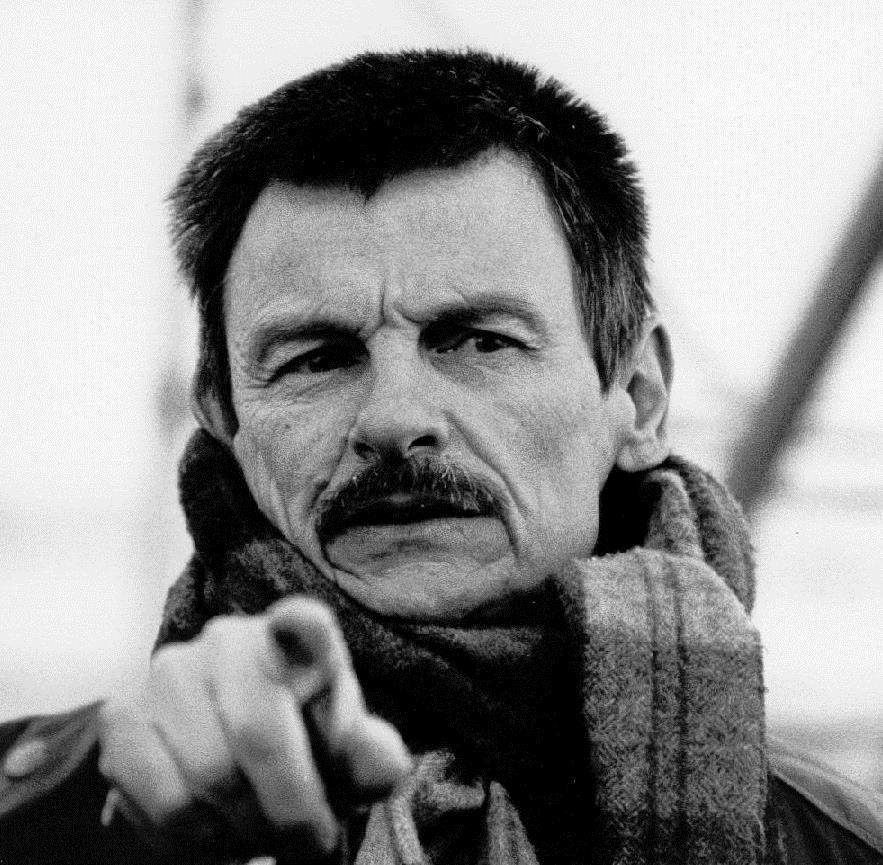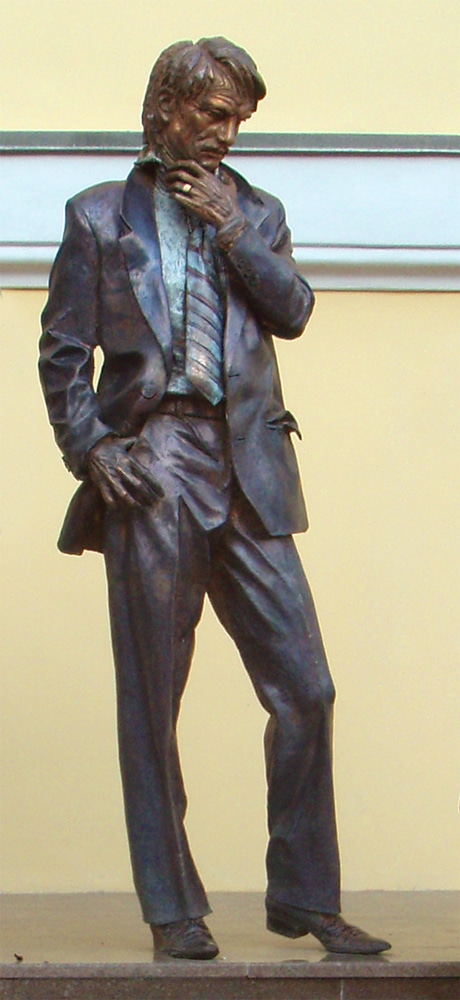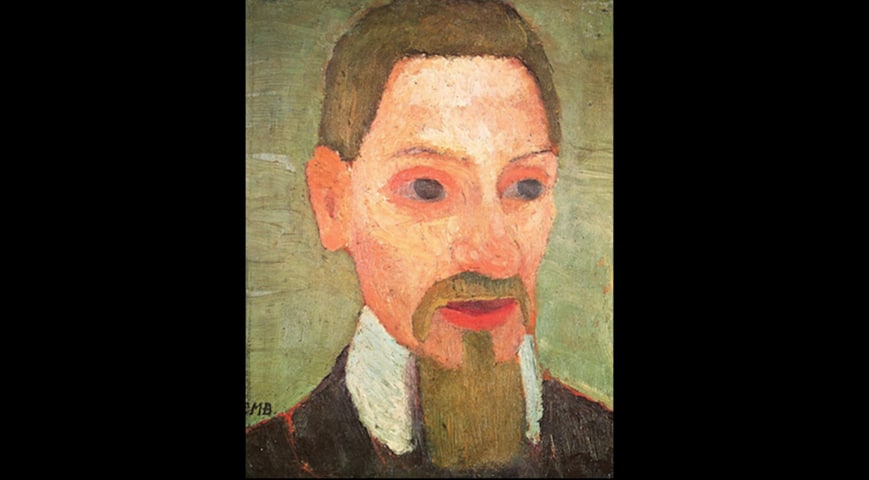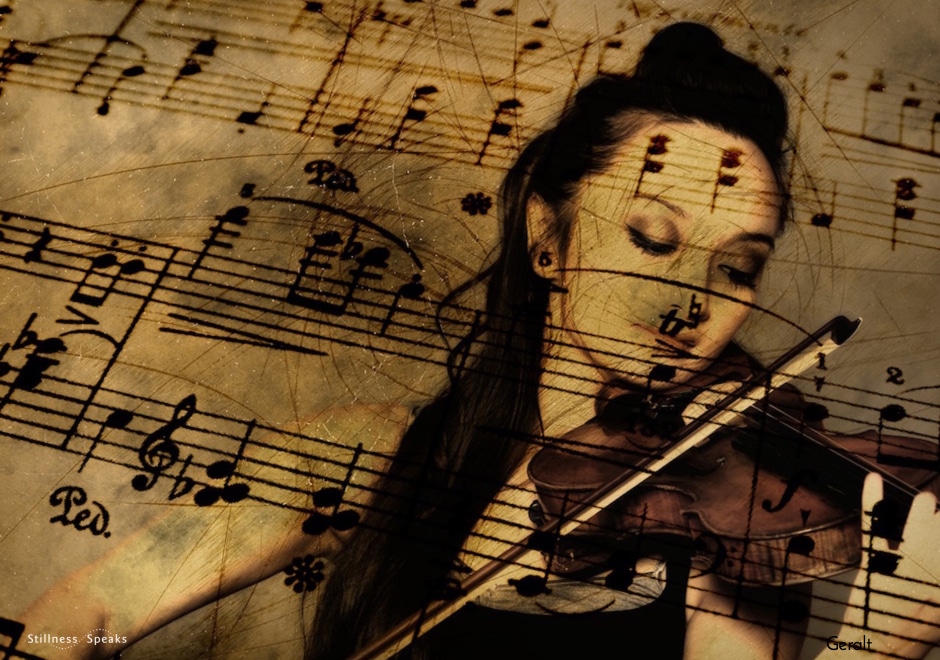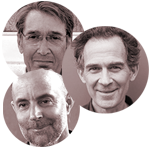“Tarkovsky for me is the greatest [director], the one who invented a new language, true to the nature of film, as it captures life as a reflection, life as a dream.” ~ Ingmar Bergman
Andrei Arsenyevich Tarkovsky (1932-1986) was a Soviet and Russian filmmaker, writer, film editor, film theorist, theater and opera director, widely regarded as one of the finest filmmakers of the 20th century.
Tarkovsky’s films include Ivan’s Childhood, Andrei Rublev, Solaris, The Mirror, and his masterpiece, Stalker, all characterized by spiritual and metaphysical themes, long takes, lack of conventional dramatic structure and plot, and distinctively authored use of cinematography.
Here’s a short video clip, on YouTube, titled: Stalker – Tarkovsky on truth and authenticity.
Tarkovsky also wrote a book, Sculpting in Time, in which he talks about his work. In the chapter, ‘Art – a yearning for the ideal’, he discusses the importance of Art in our lives:
‘Before going on to the particular problems of the nature of cinematic art, I feel it is important to define my understanding of the ultimate aim of art as such. Why does art exist? Who needs it? Indeed, does anybody need it? These are questions asked not only by the poet, but also by anyone who appreciates art – or, in that current expression all too sympathetic of the twentieth-century relationship between art and its audience – the “consumer” …
‘In any case it is perfectly clear that the goal of all art – unless of course it is aimed at the “consumer”, like a saleable commodity – is to explain to the artist himself and to those around him what man lives for, what is the meaning of his existence. To explain to people the reason for their appearance on this planet; or if not to explain, at least to pose the question…
‘In a very real sense every individual experiences this process for himself as he comes to know life, himself, his aims. Of course, each person uses the sum of knowledge accumulated by humanity but all the same the experience of ethical, moral self-knowledge is the only aim in life for each person, and subjectively, it is experienced each time as something new. Again and again man correlates himself with the world, racked with longing to acquire, and become one with, the ideal which lies outside himself, which he apprehends as some kind of intuitively sensed first principle. The unattainability of that becoming one, the inadequacy of his own “I”, is the perpetual source of man’s dissatisfaction and pain.
‘And so art, like science, is a means of assimilating the world, an instrument for knowing it in the course of man’s journey towards what is called “absolute truth”…
‘Art is born and takes hold wherever there is a timeless and insatiable longing for the spiritual, for the ideal: that longing which draws people to art. Modern art has taken a wrong turn in abandoning the search for the meaning of existence in order to affirm the value of the individual for its own sake. What purports to be art begins to look like an eccentric occupation for suspect characters who maintain that any personalised action is of intrinsic value simply as a display of self-will. But in artistic creation the personality does not assert itself, it serves another, higher and communal idea. The artist is always a servant, and is perpetually trying to pay for the gift that has been given to him as if by a miracle.’
(pp. 36–8)
And in the chapter, ‘The artist’s responsibility’, Tarkovsky encapsulates his artistic vision:
‘I see it as my duty to stimulate reflection on what is essentially human and eternal in each individual soul, and which all too often a person will pass by, even though his fate lies in his hands. He is too busy chasing after phantoms and bowing down to idols. In the end everything can be reduced to the one simple element, which is all a person can count upon in his existence: the capacity to love. That element can grow within the soul to become the supreme factor, which determines the meaning of a person’s life. My function is to make whoever sees my films aware of his need to love and to give his love, and aware that beauty is summoning him.’
(p.200)
Post and Featured Photo credit: Andrei Tarkovsky, by Festival de Cine Africano de Córdoba,via Wikimedia Commons, CC BY-SA-2,0
Photo credit: Monument to Andrei Tarkovsky at entrance of Gerasimov Institute of Cinematography, by User Ipaat on english Wikipedia (Anatoly Terentiev), via Wikimedia Commons, CC BY 3.0
